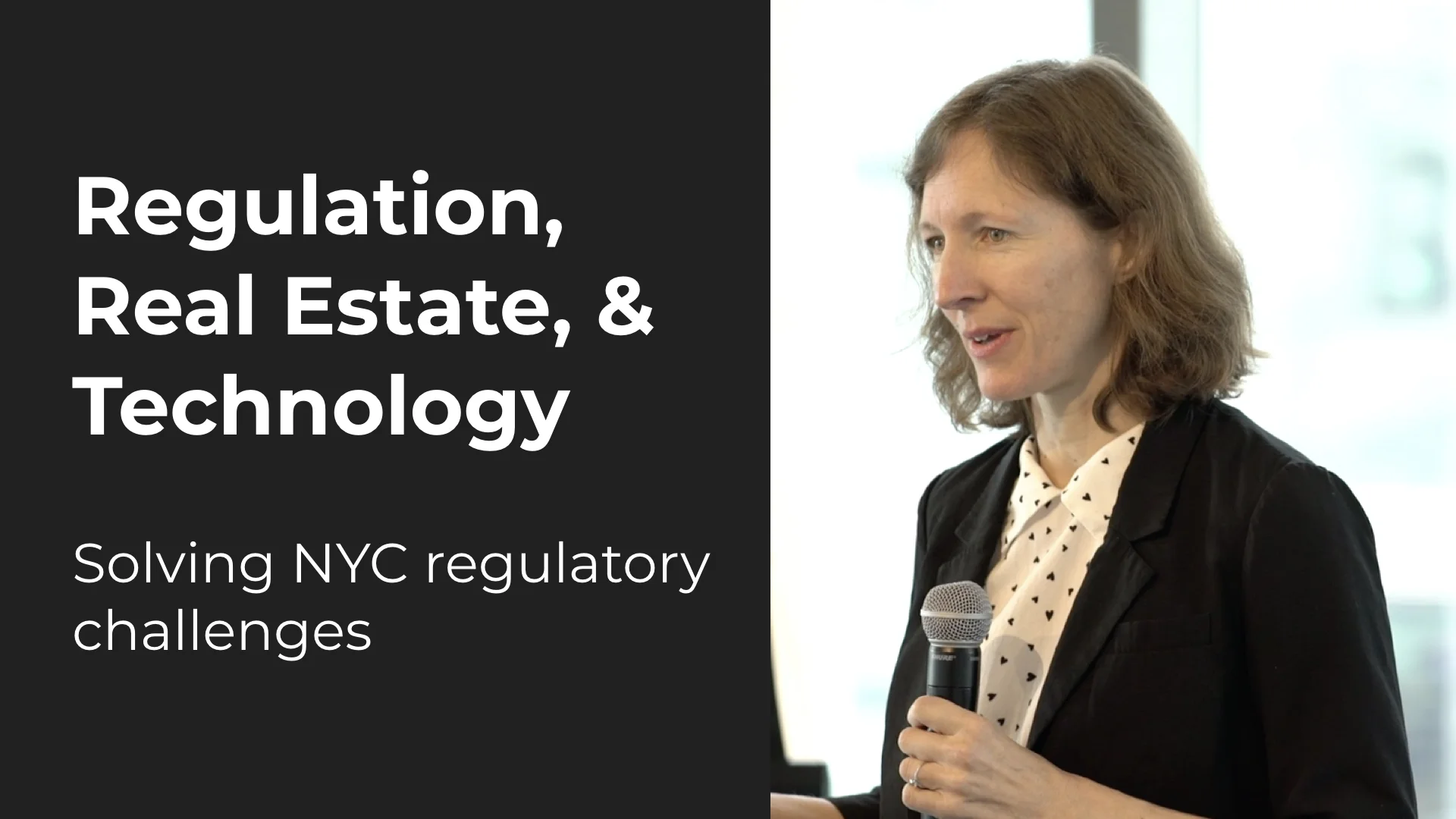<— BACK TO OFFICE TALKS
Cindy McLaughlin: Navigating Regulatory Technology To Build The Future
Published Nov. 2018
Cindy McLaughlin, CEO of Envelope discusses the challenges of navigating the current regulatory climate and how technology will level the acquisitions playing field, allowing mom and pop developers to acquire buildings better, faster, and with more information.
SHARE VIDEO:
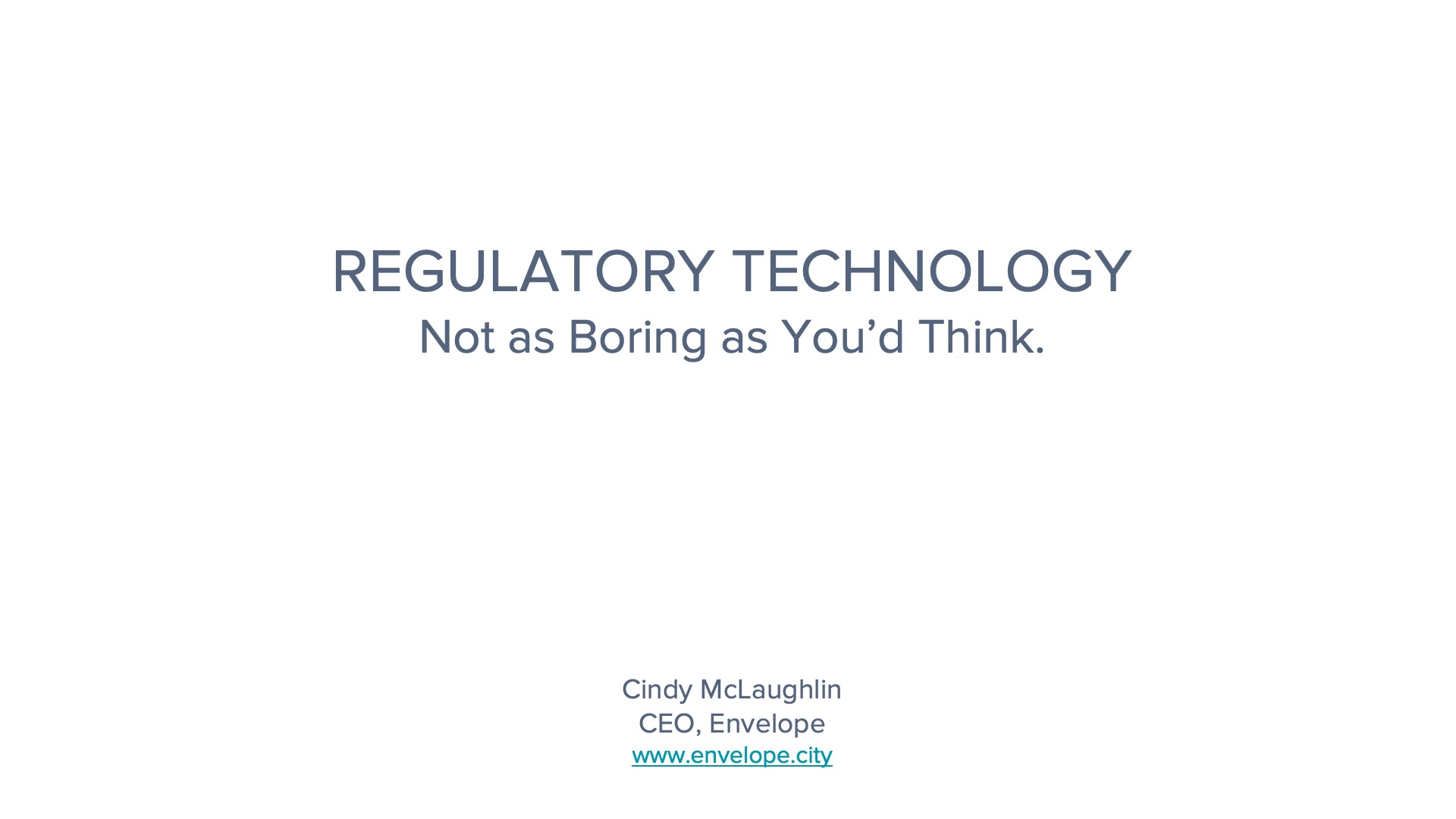


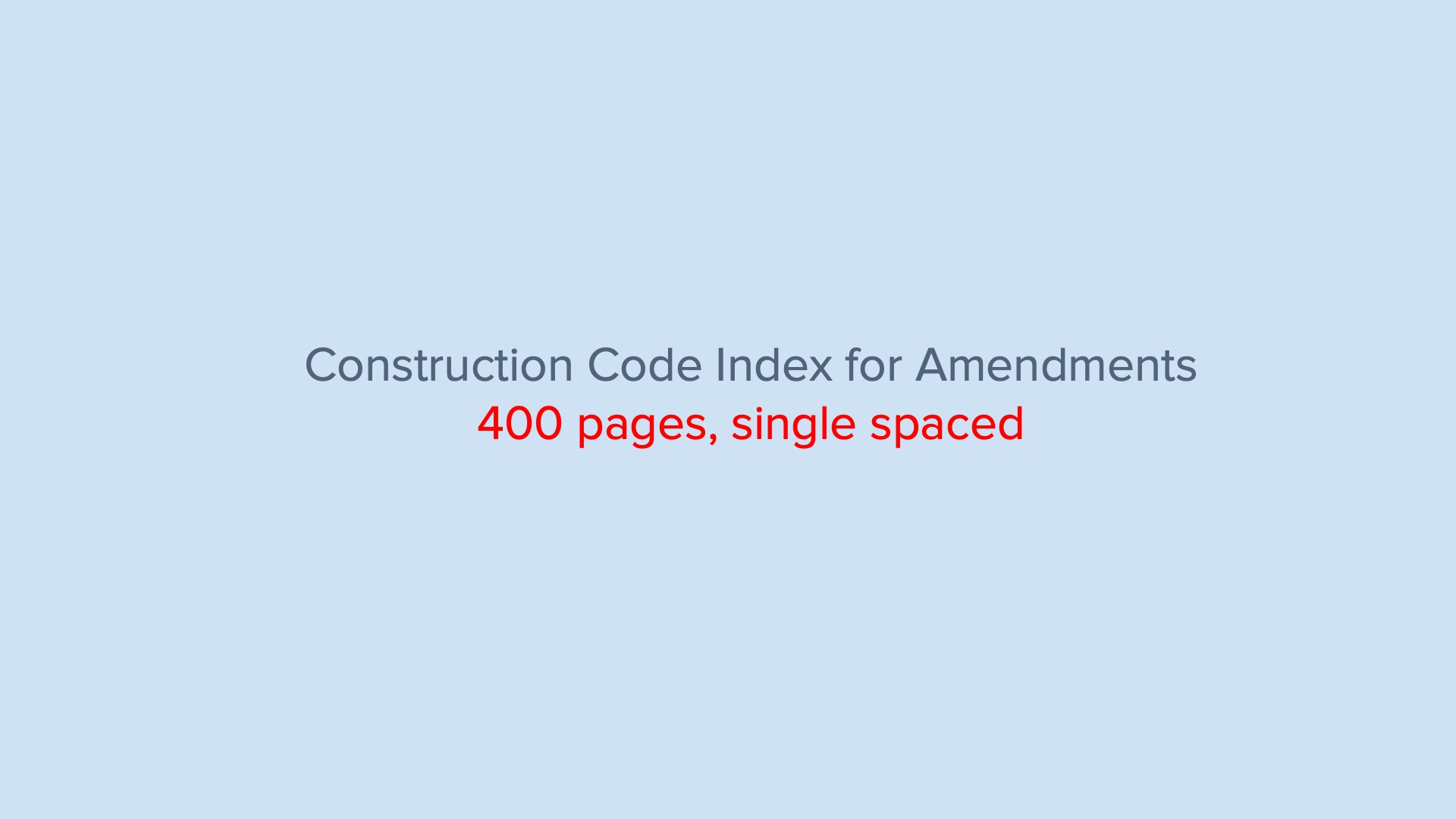
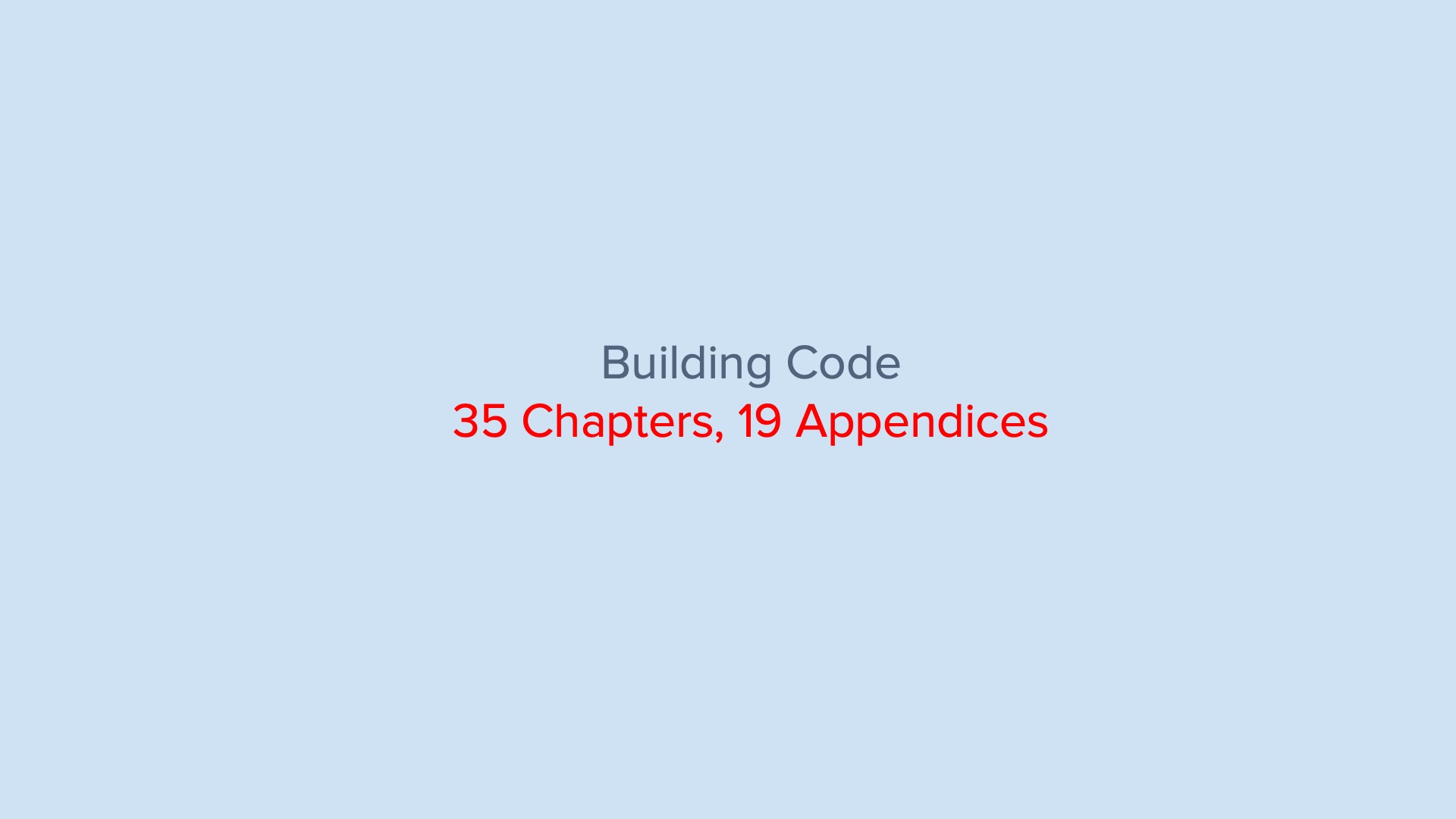






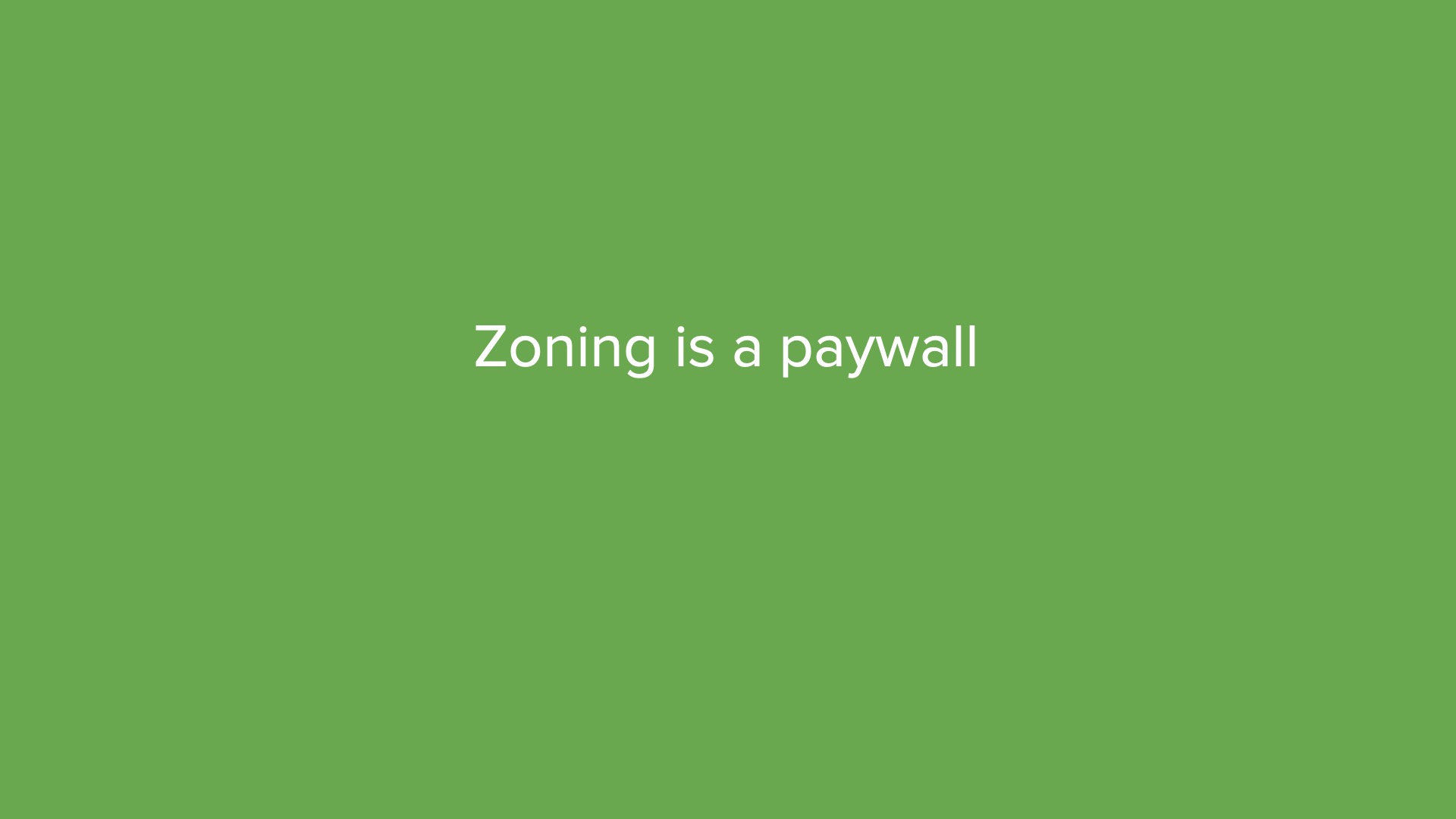

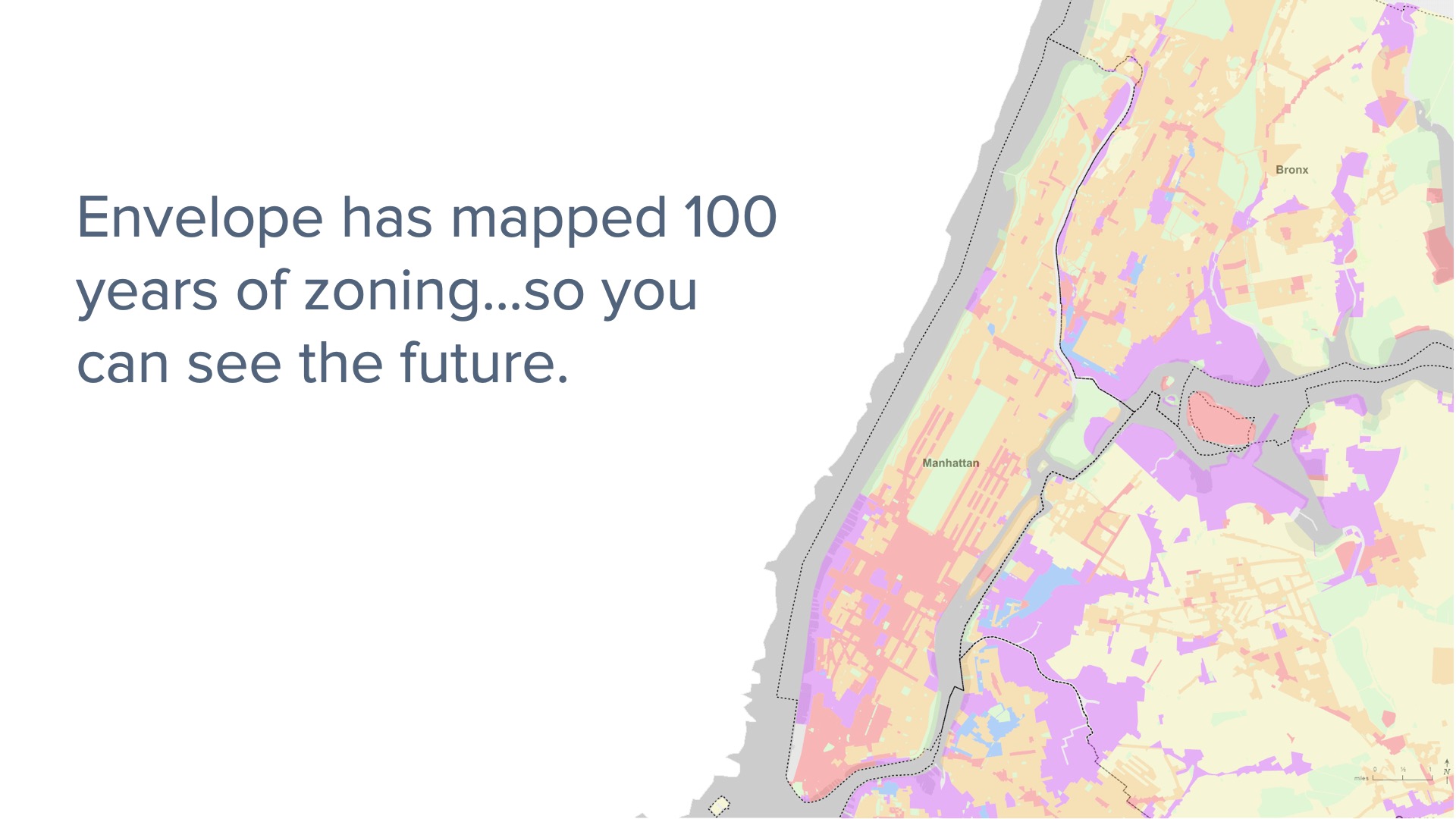

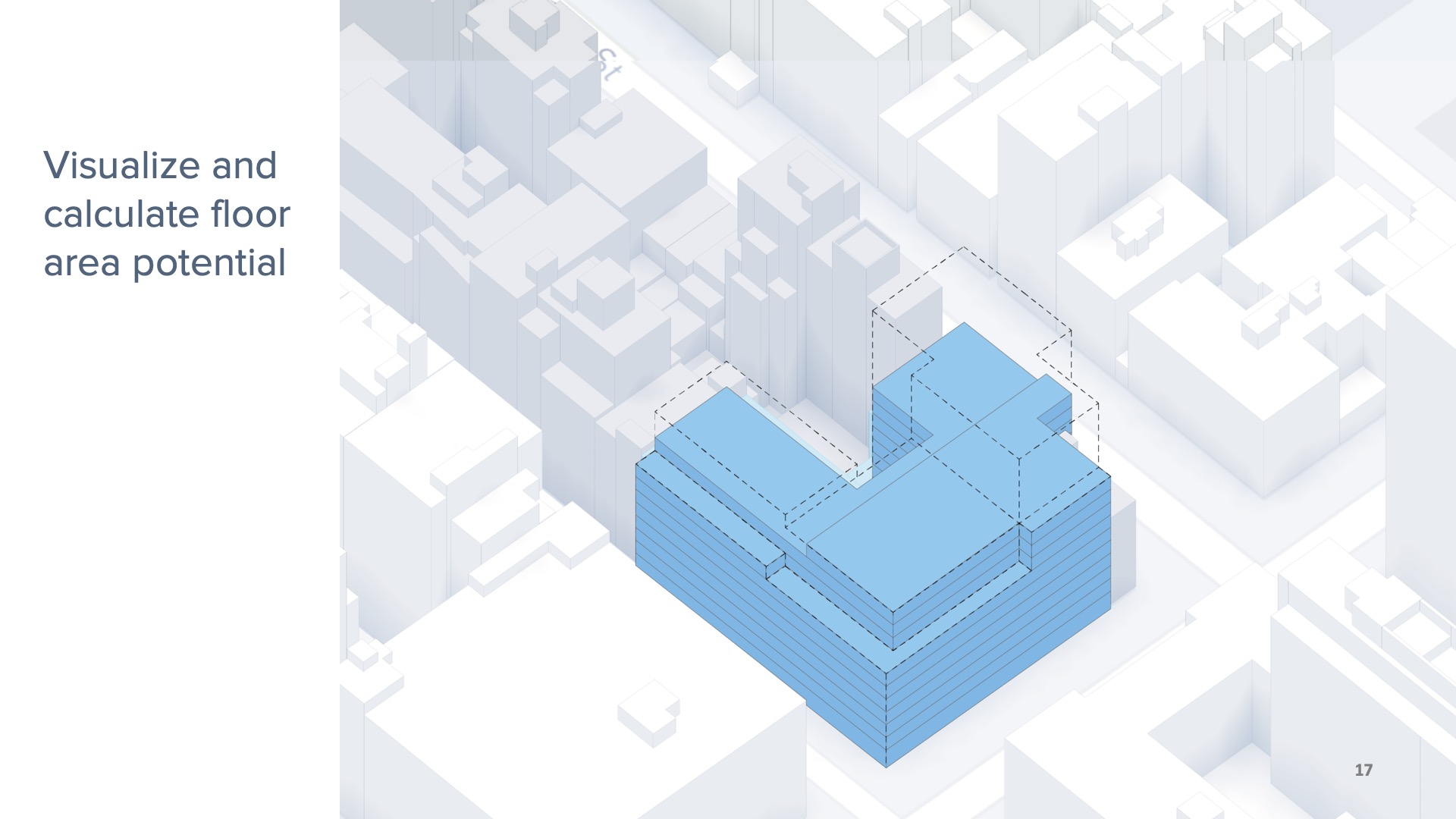
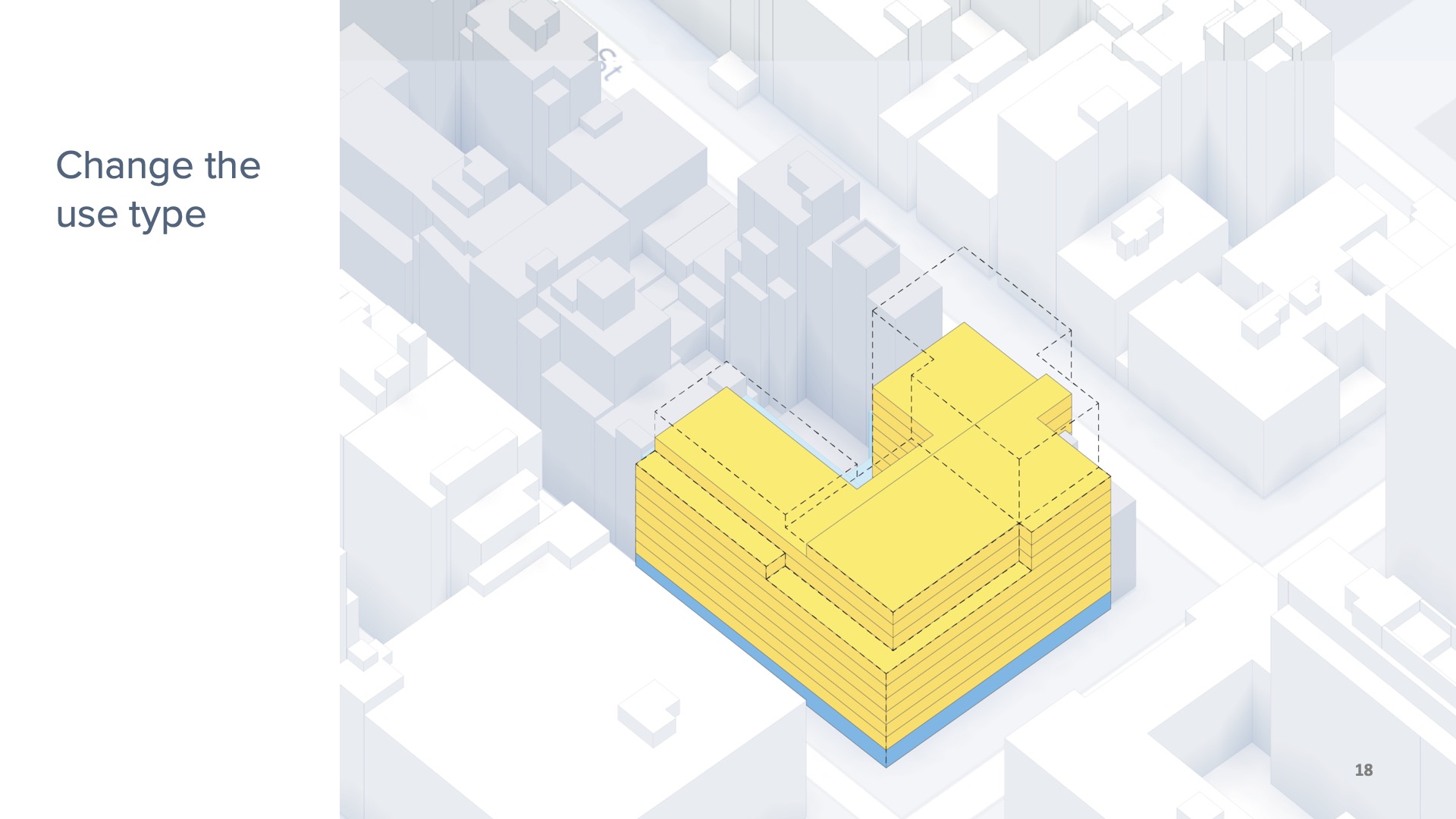
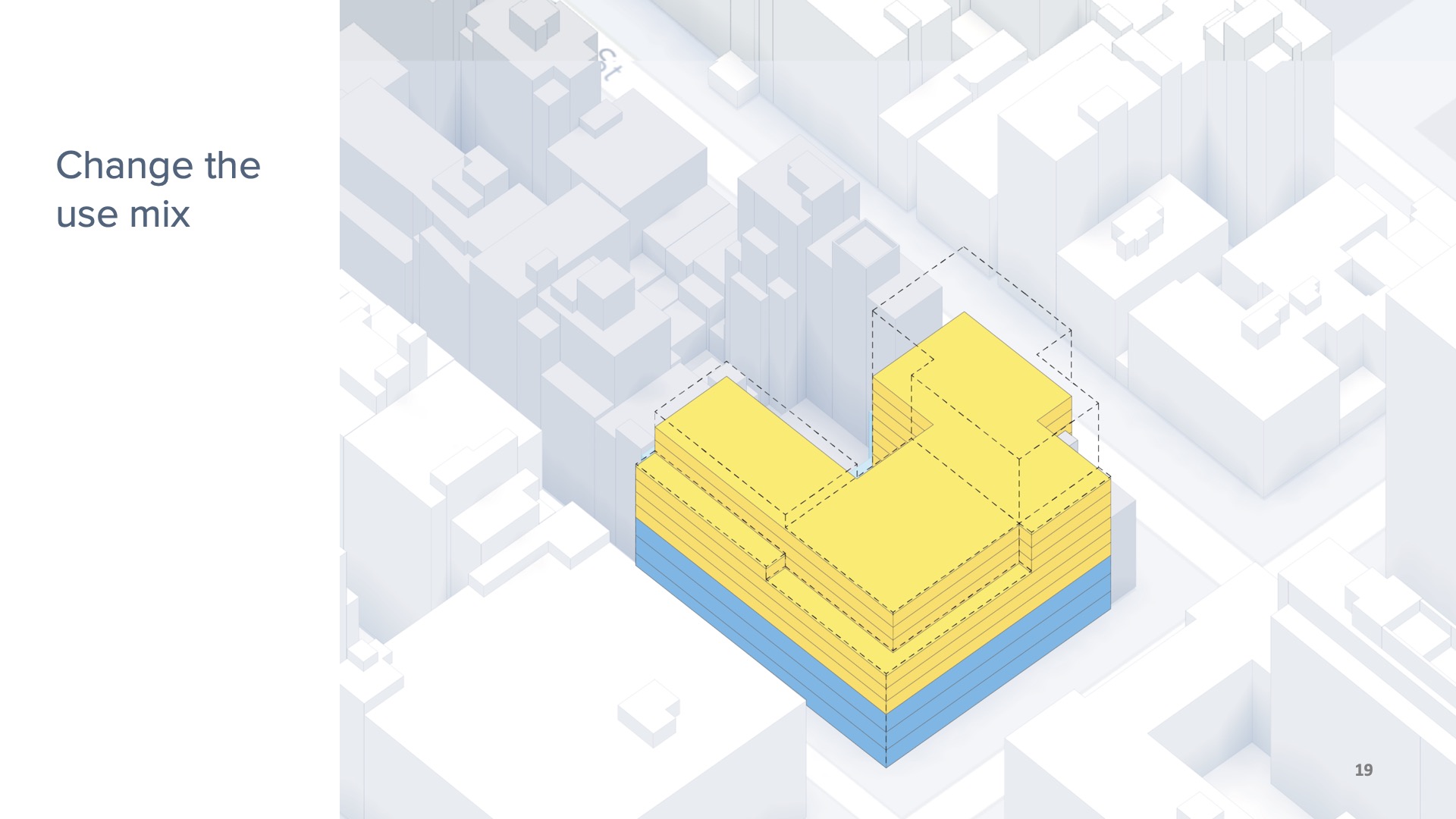
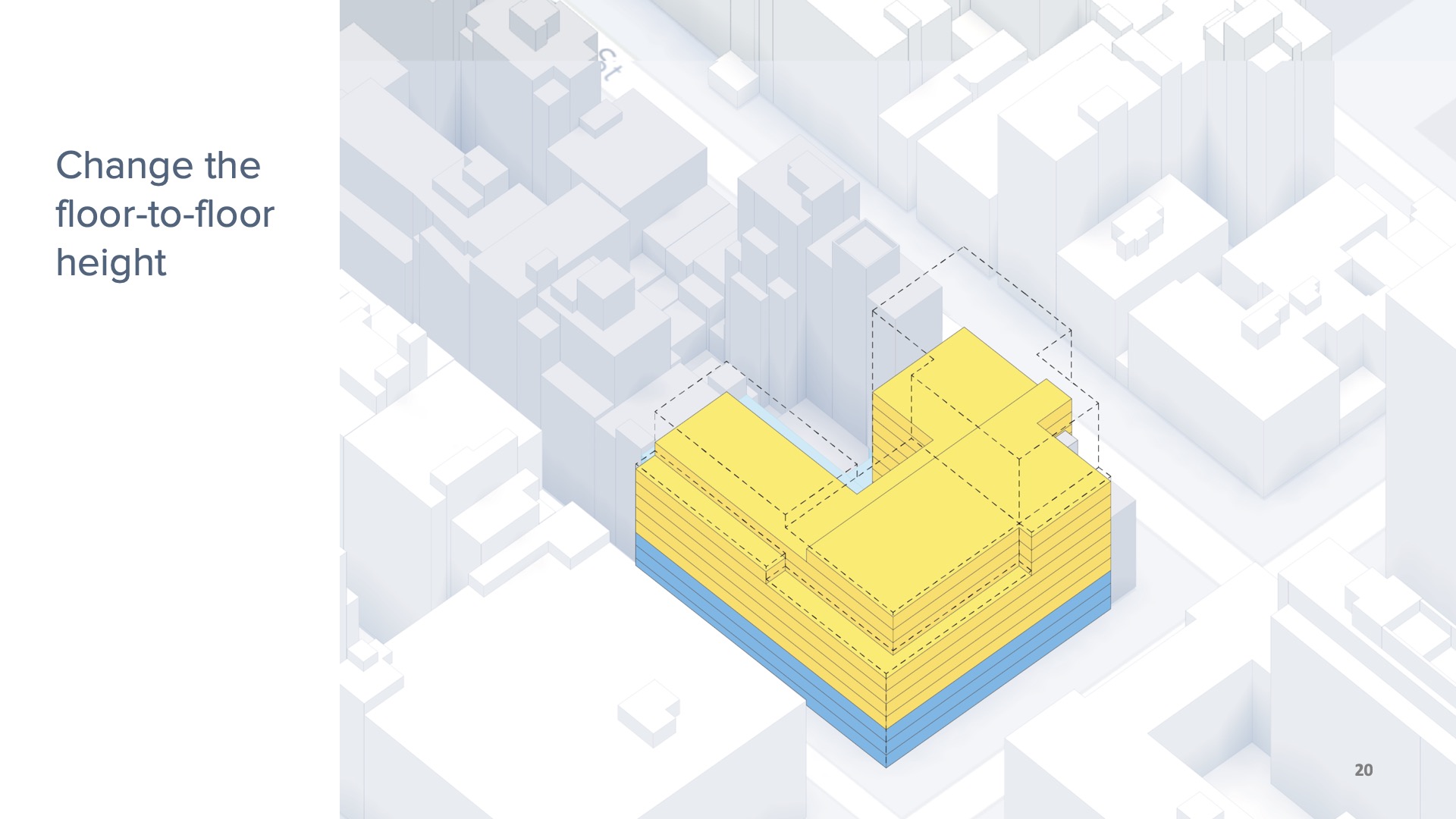
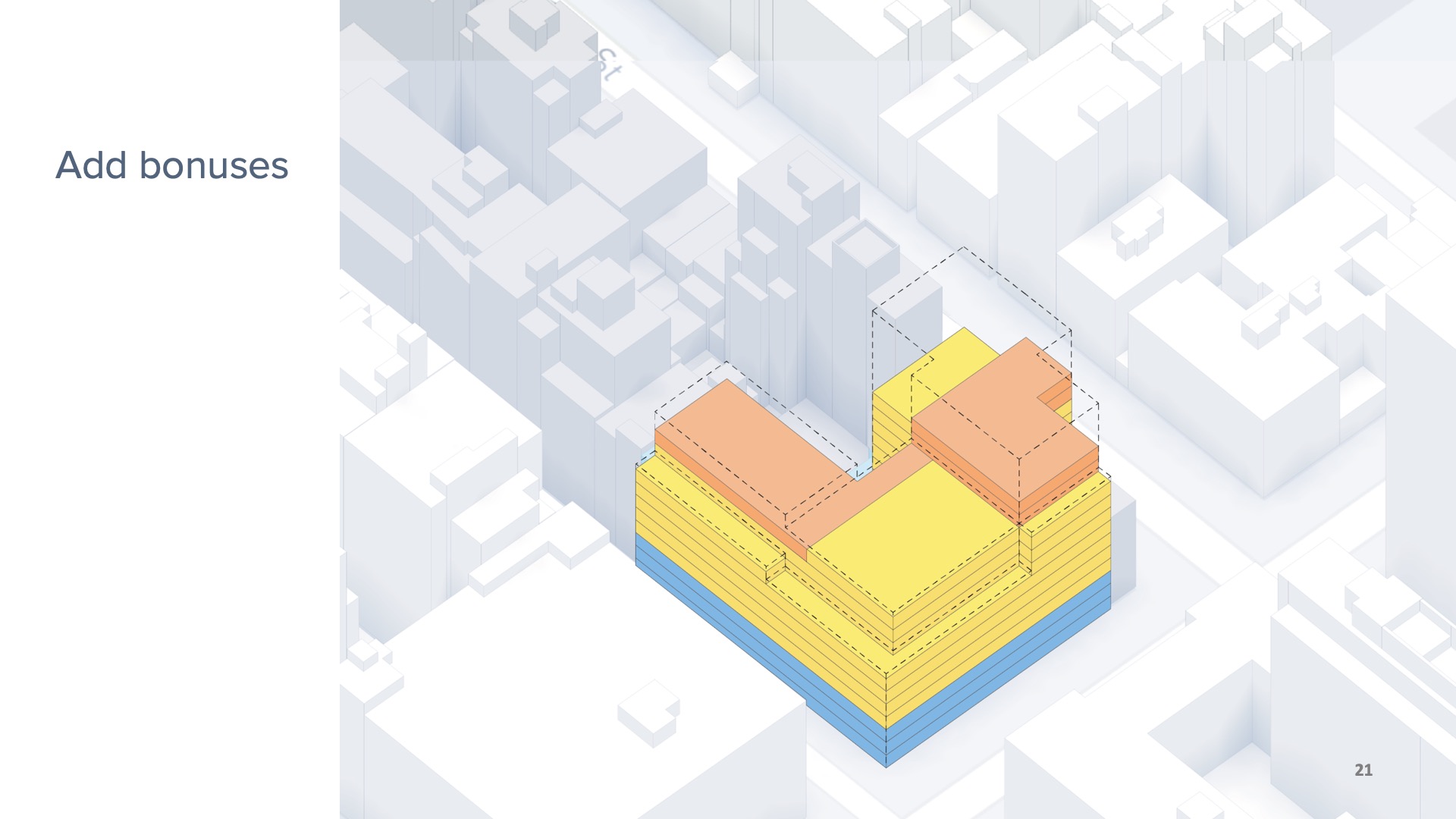
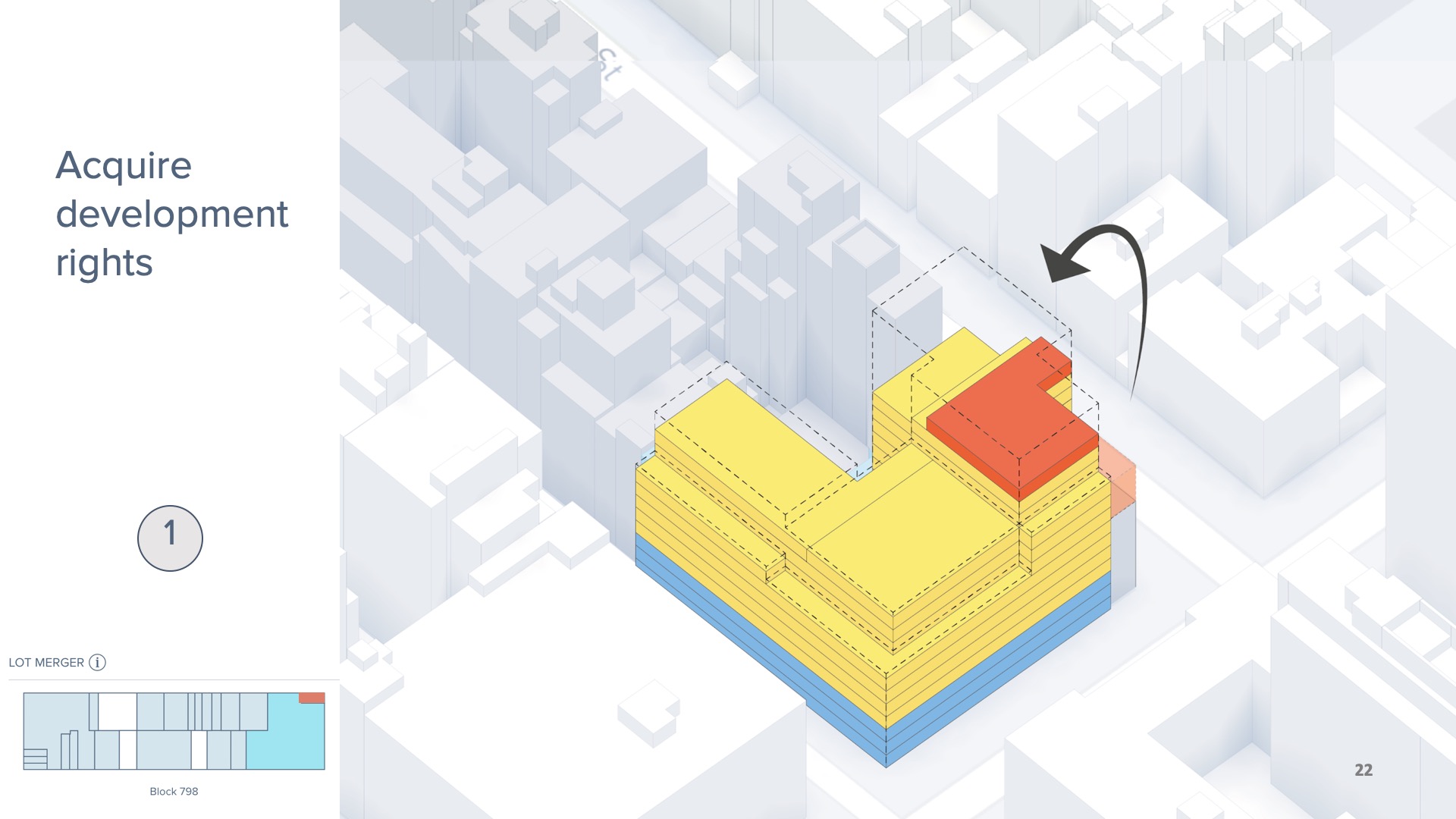
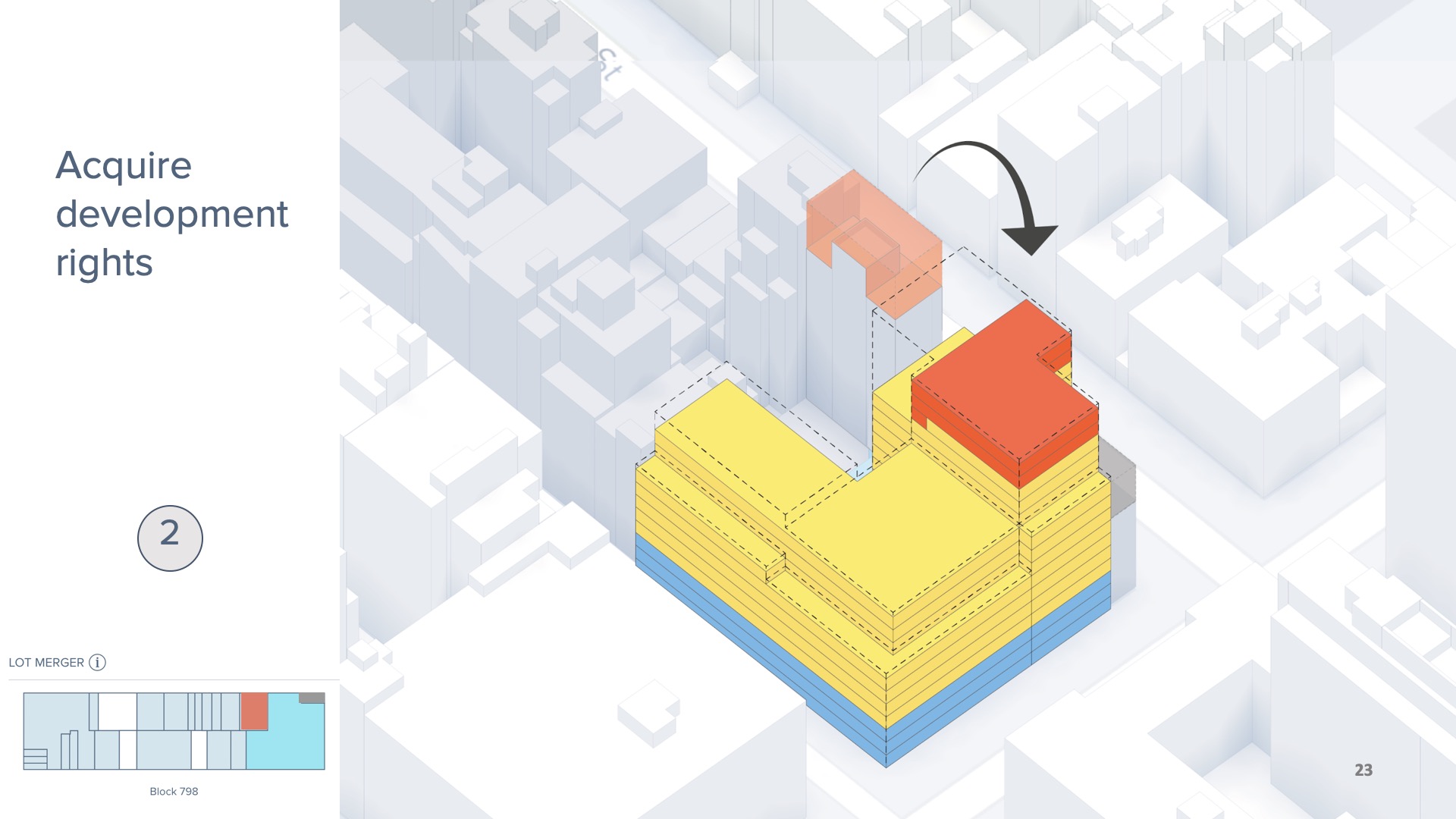
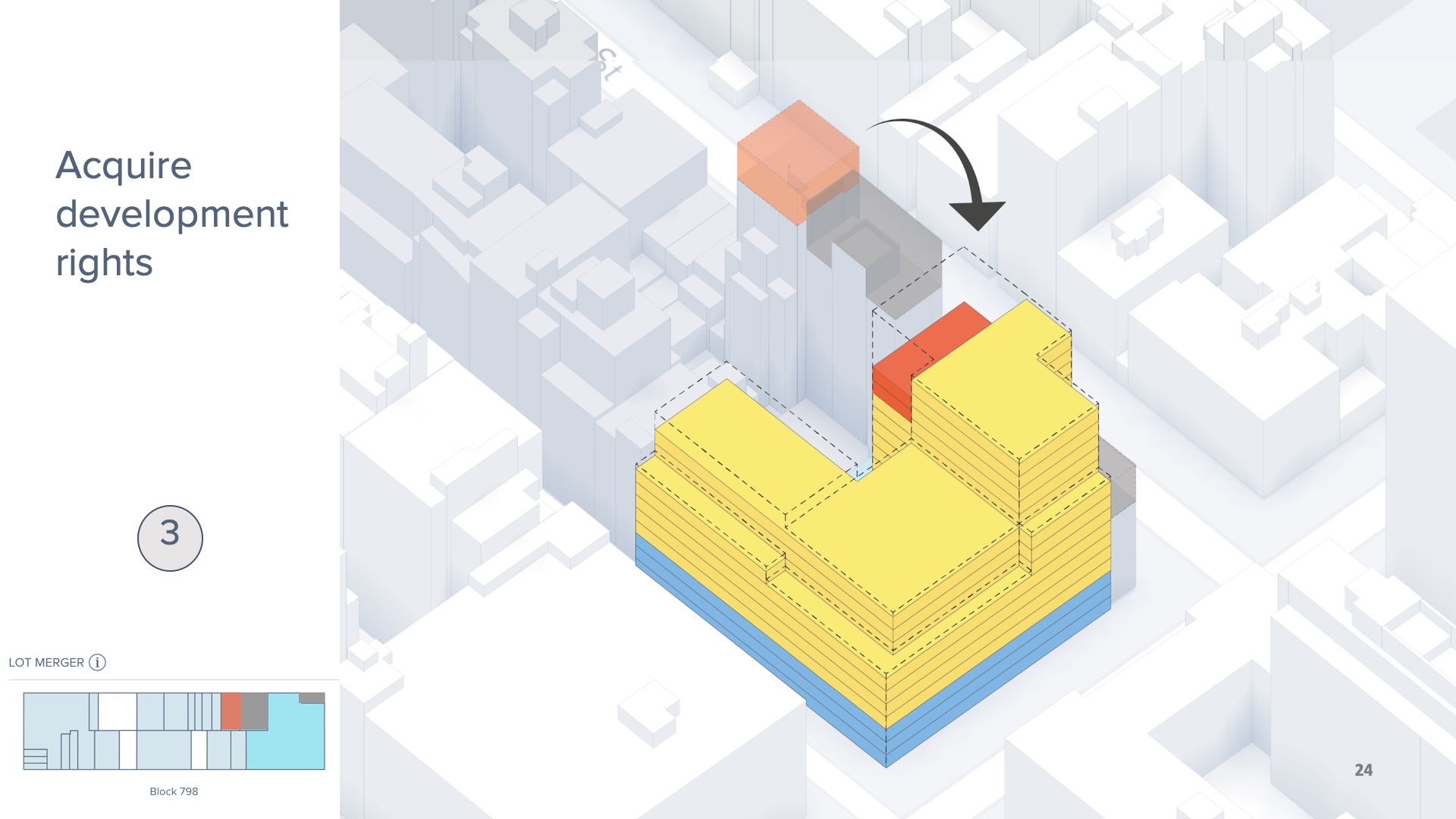
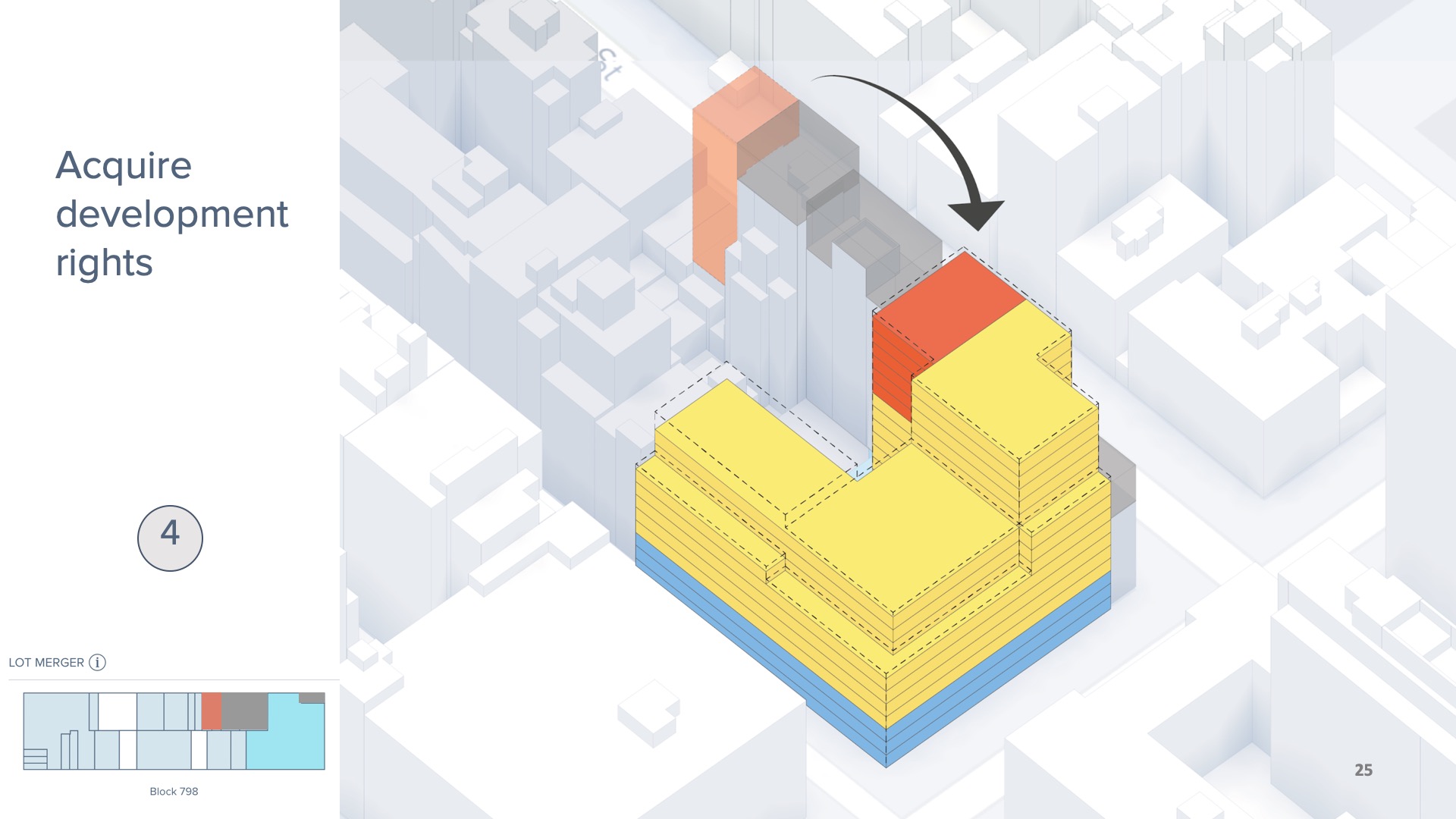
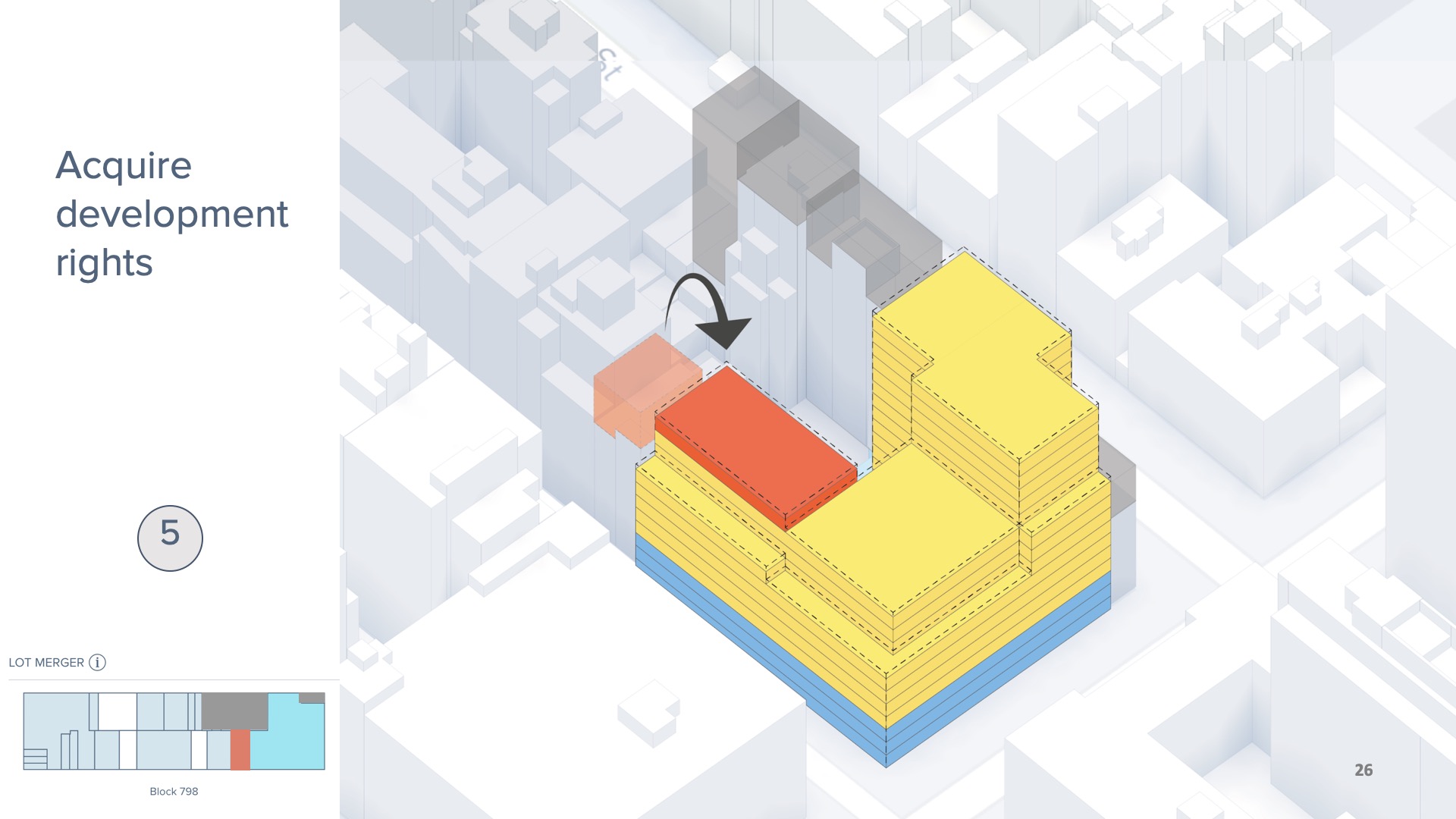
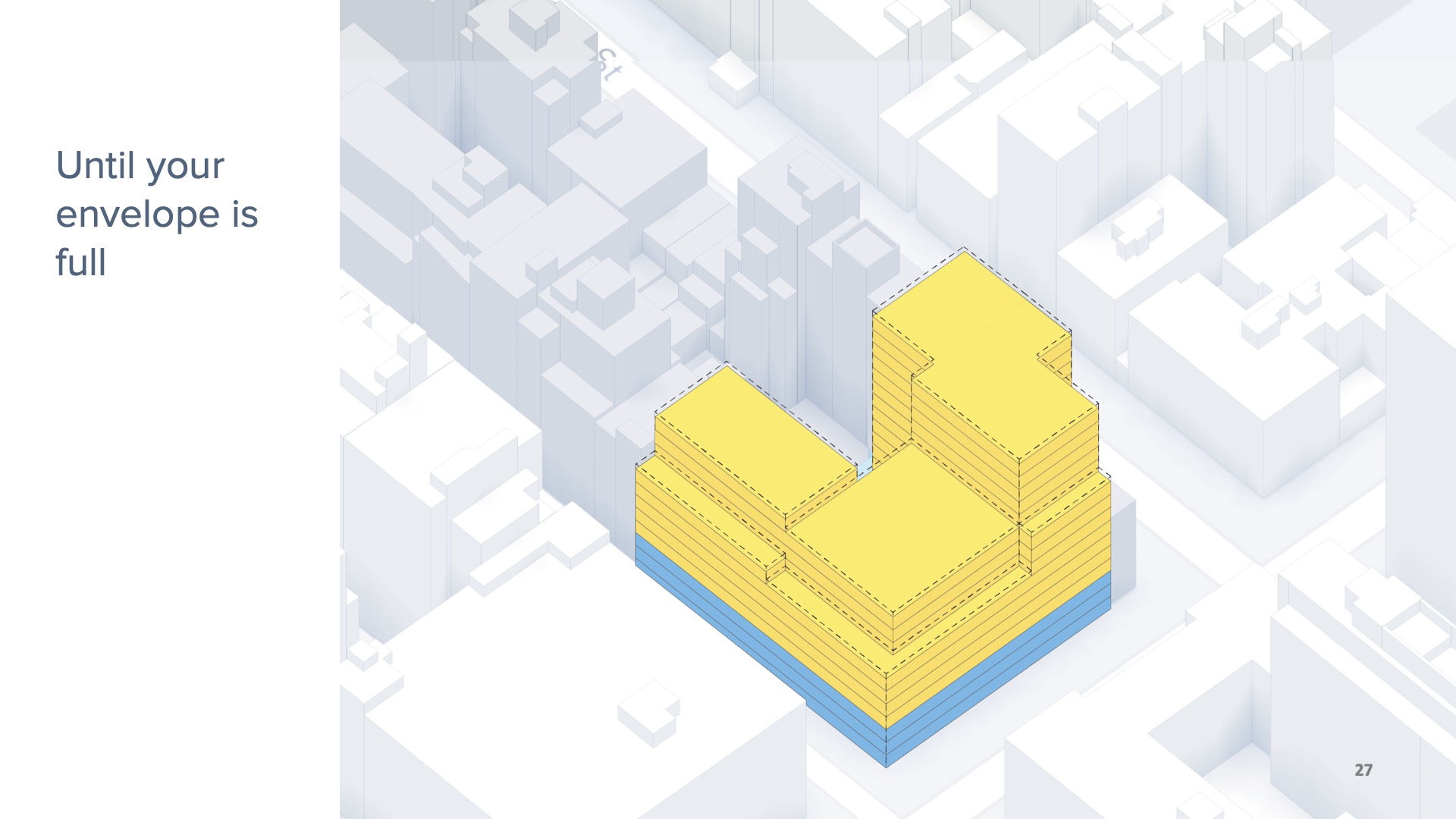
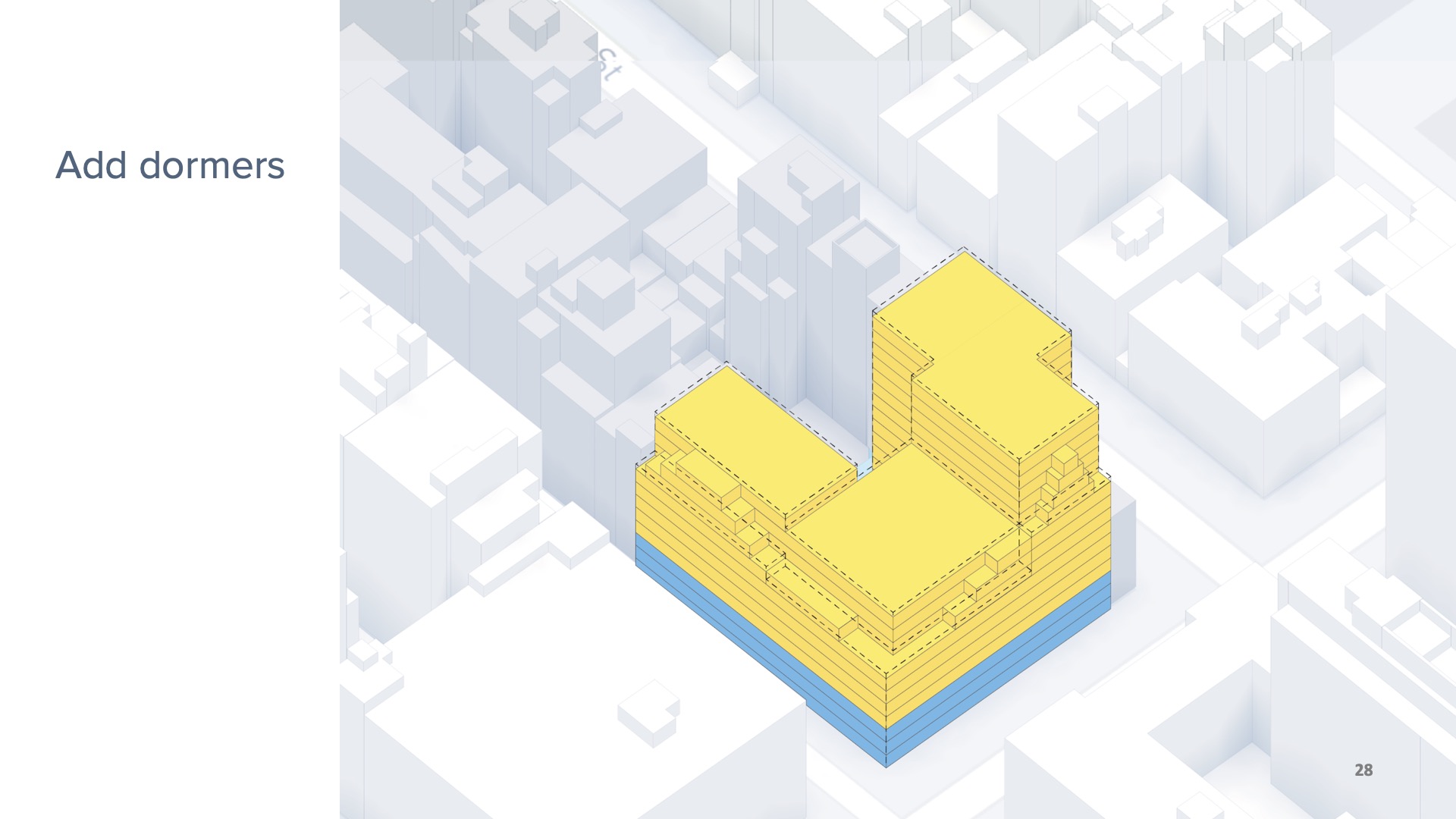
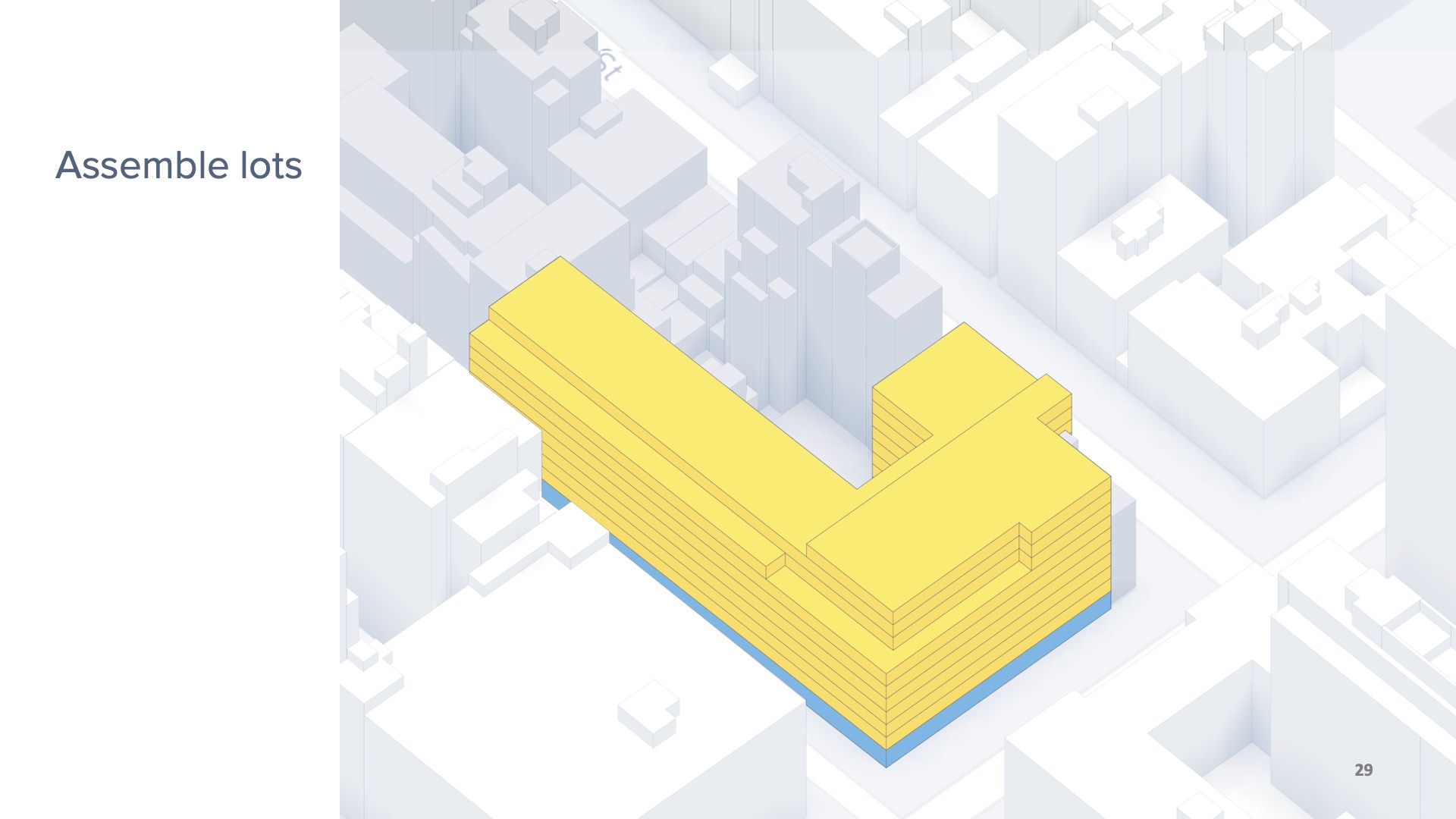


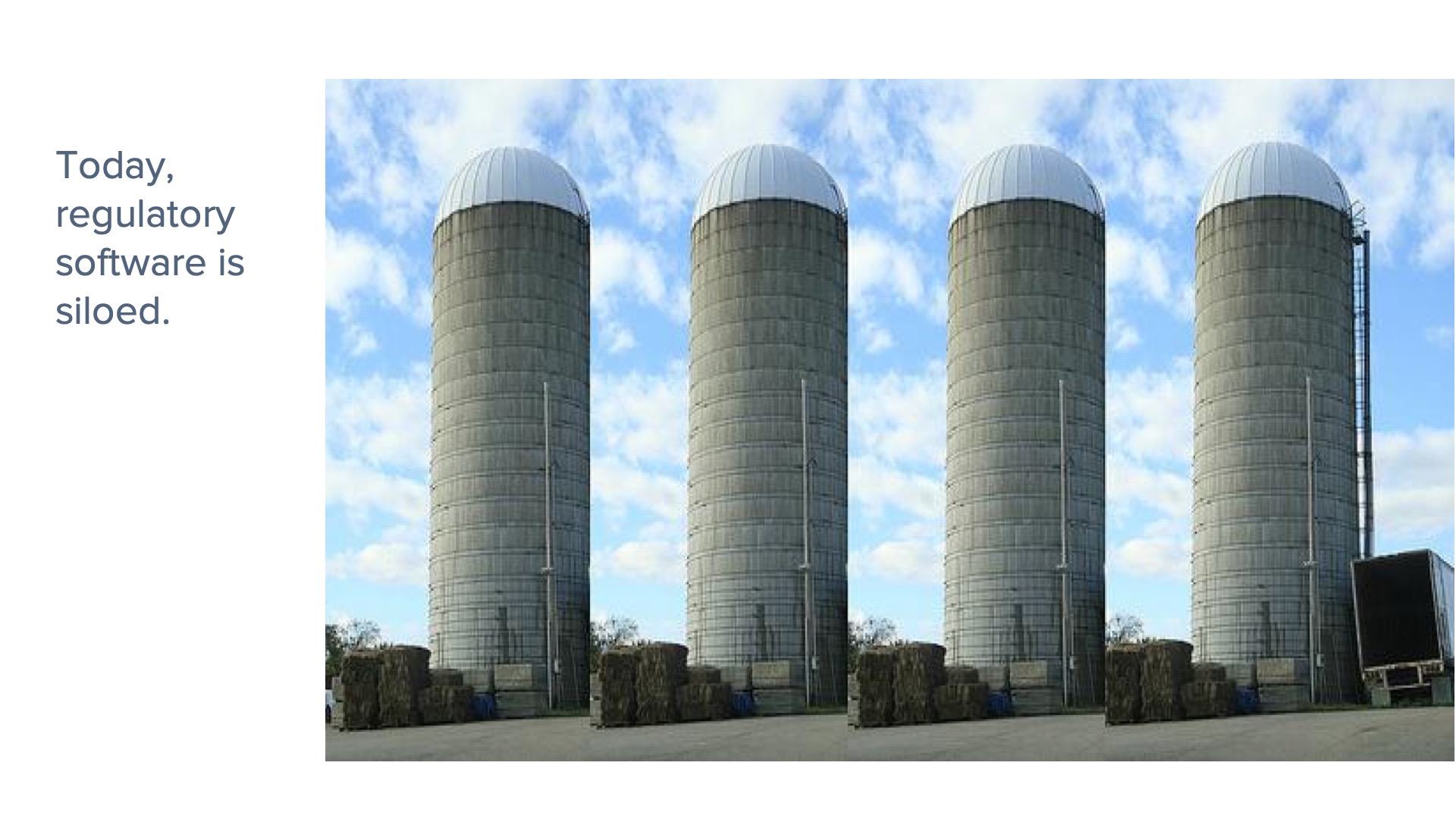
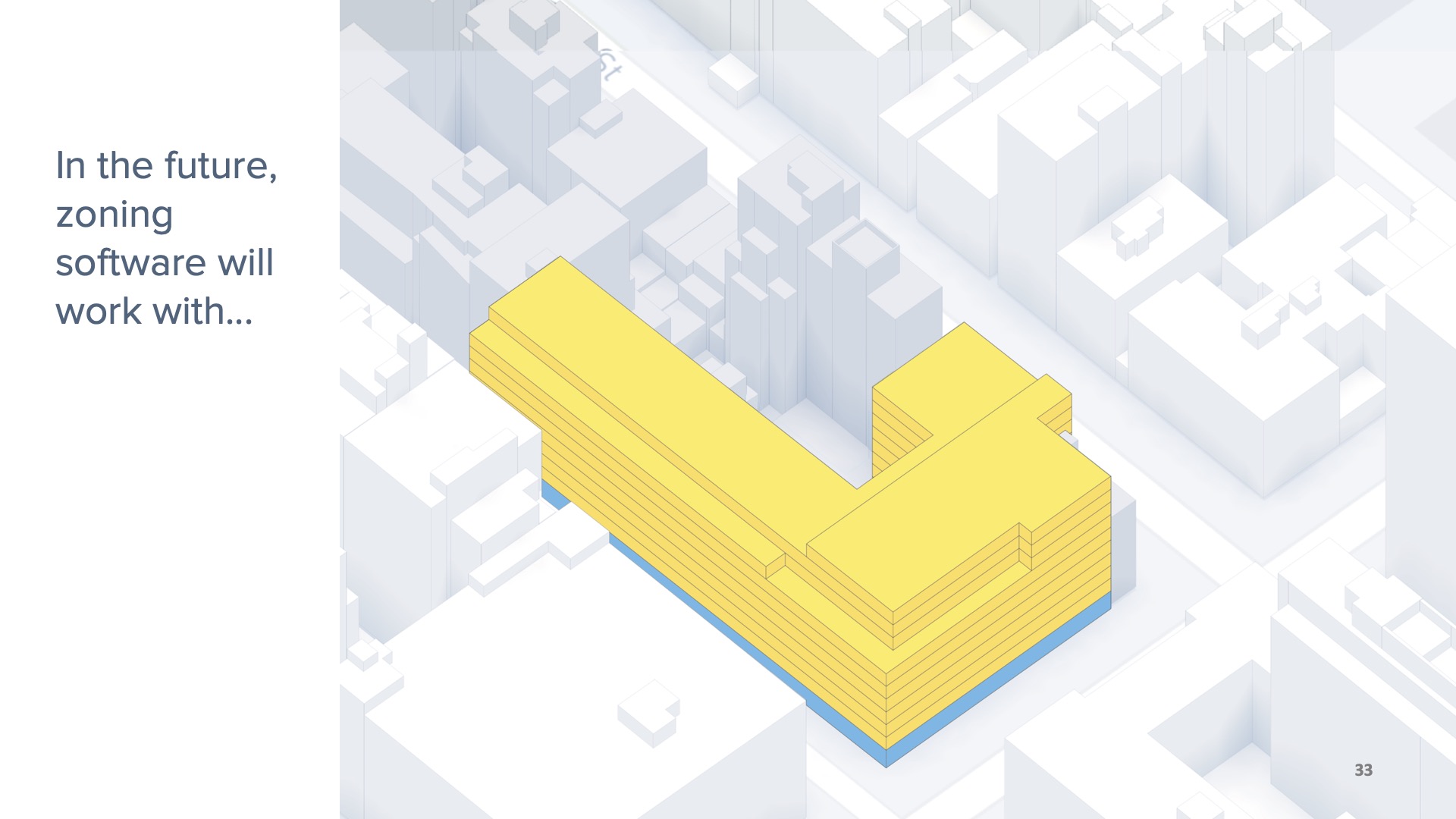
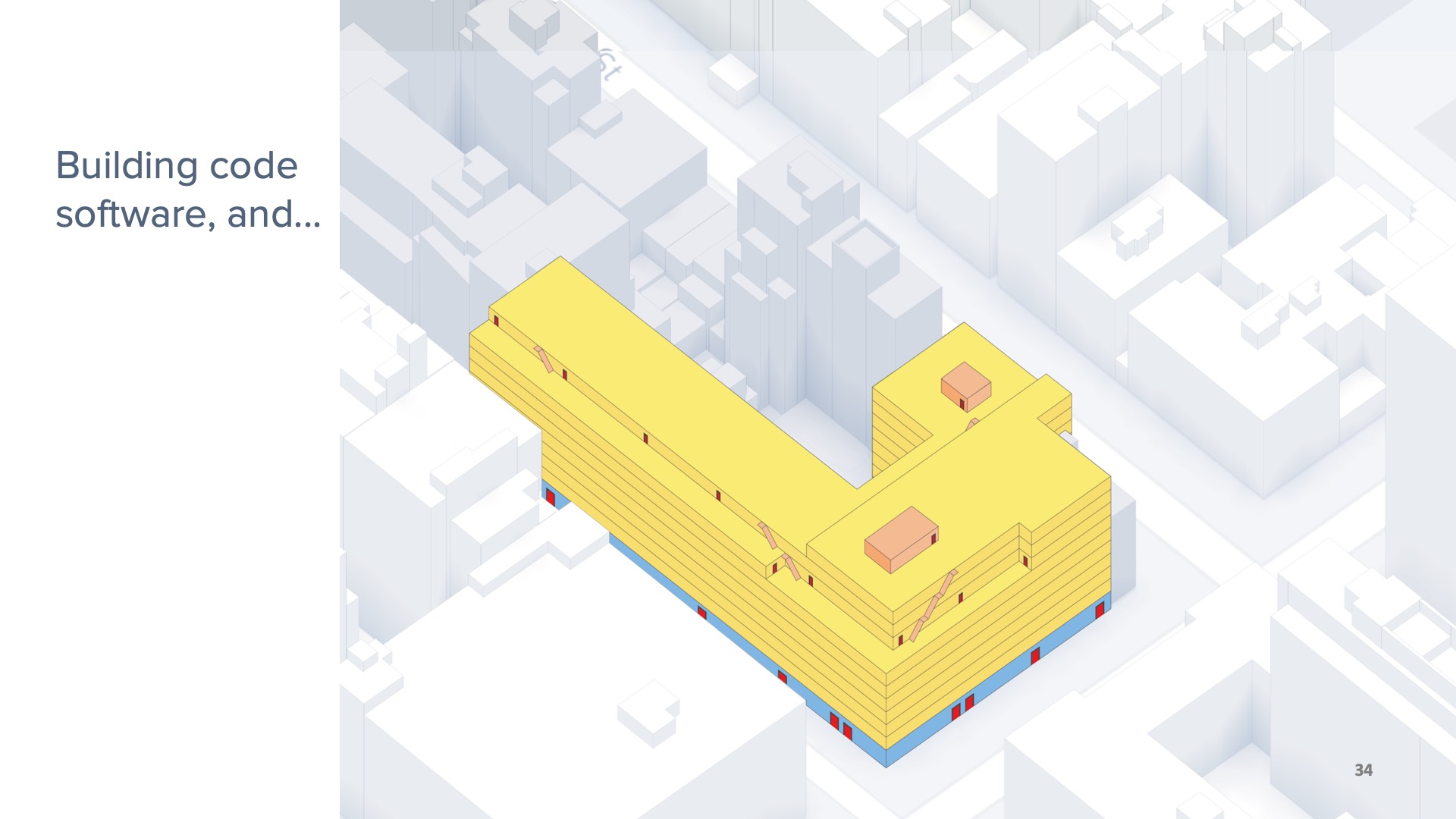
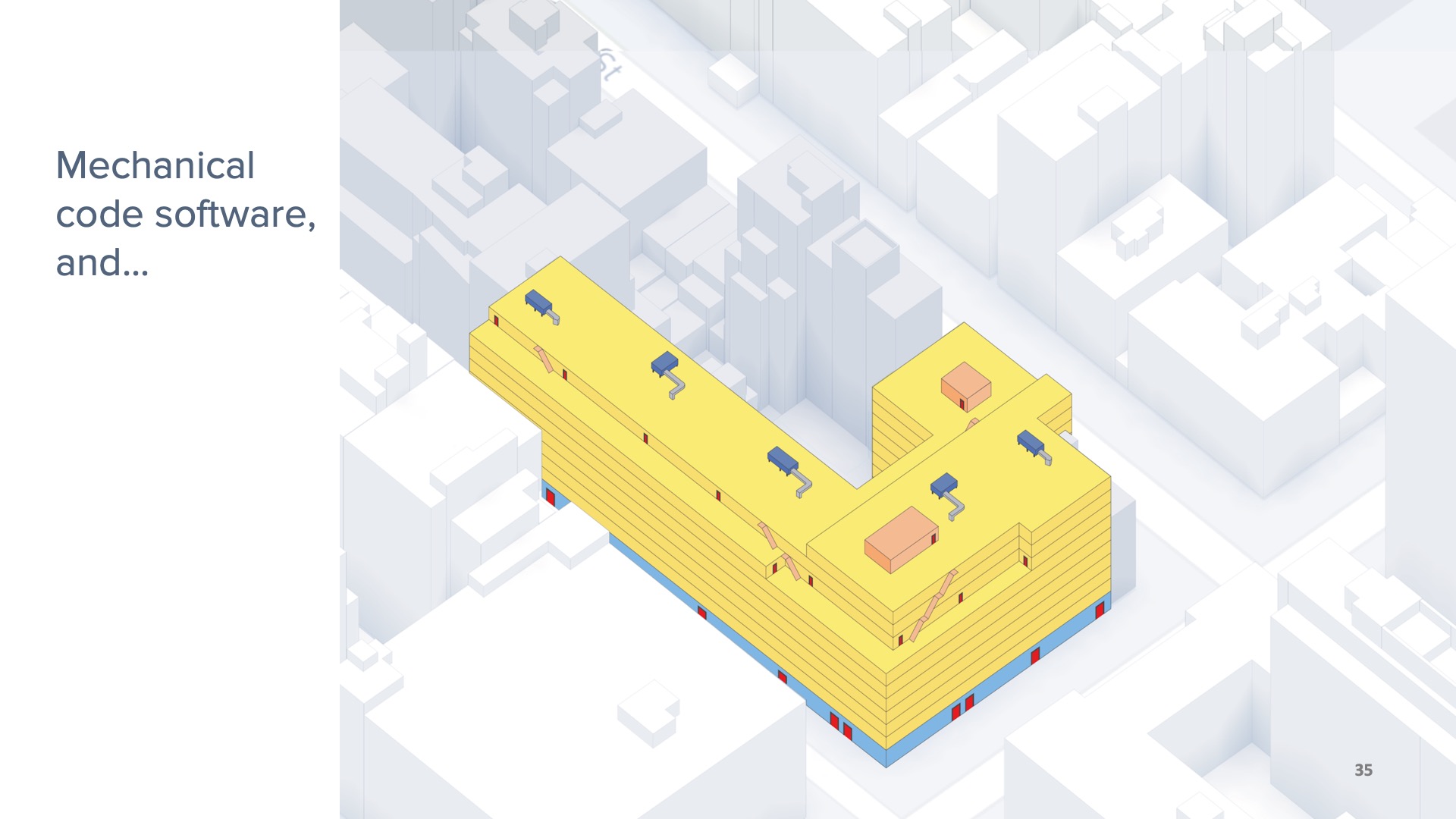

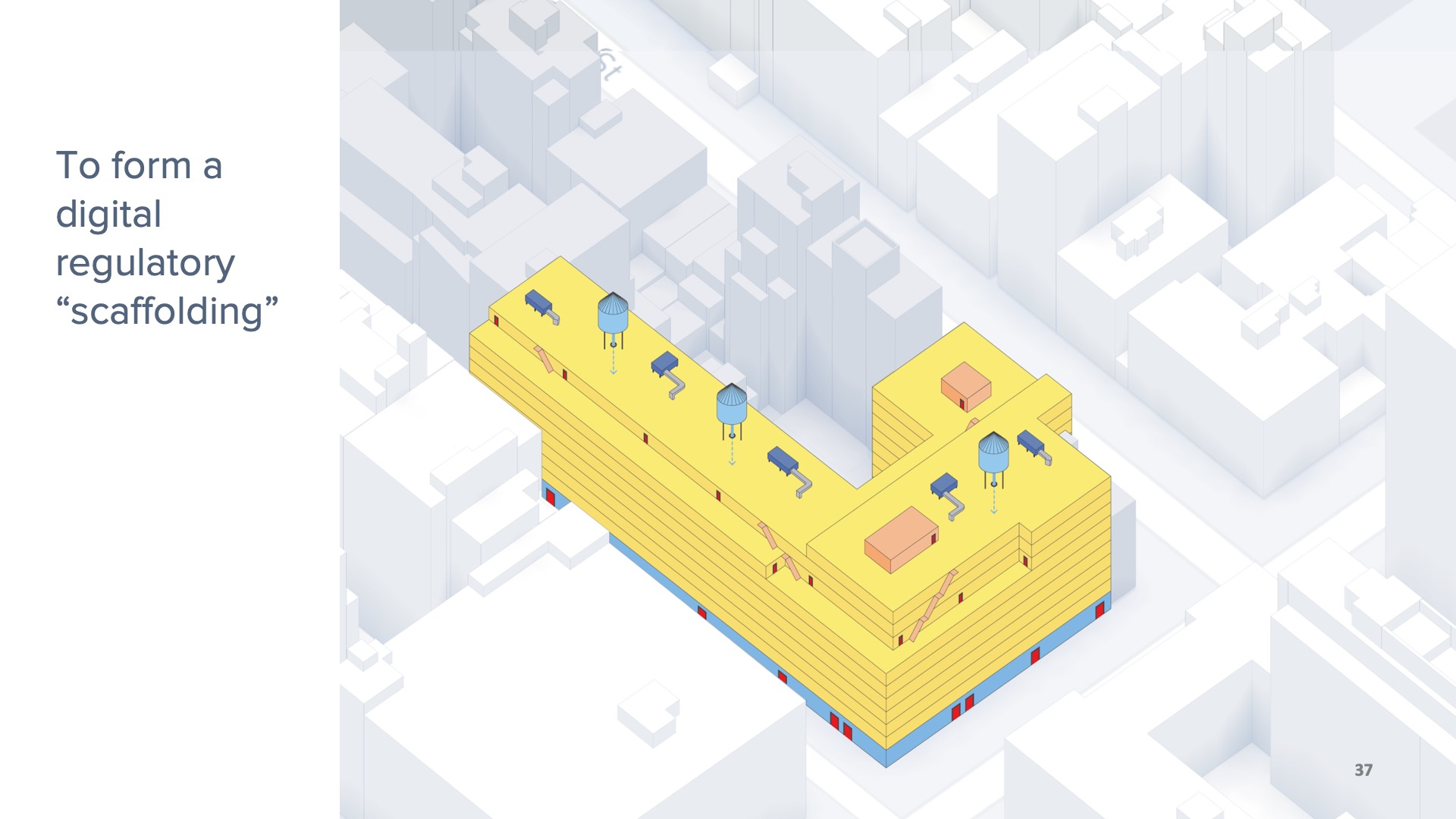
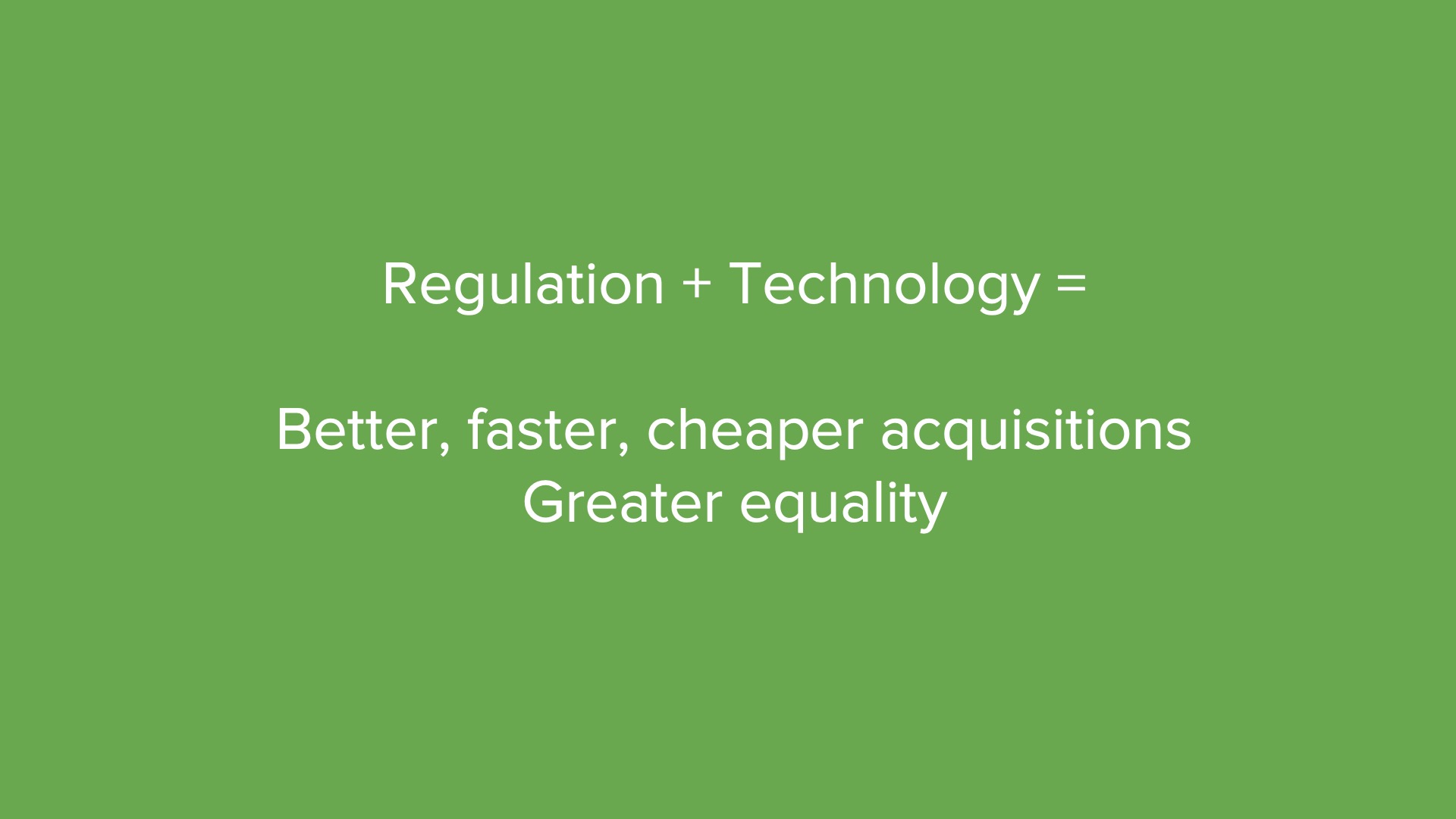
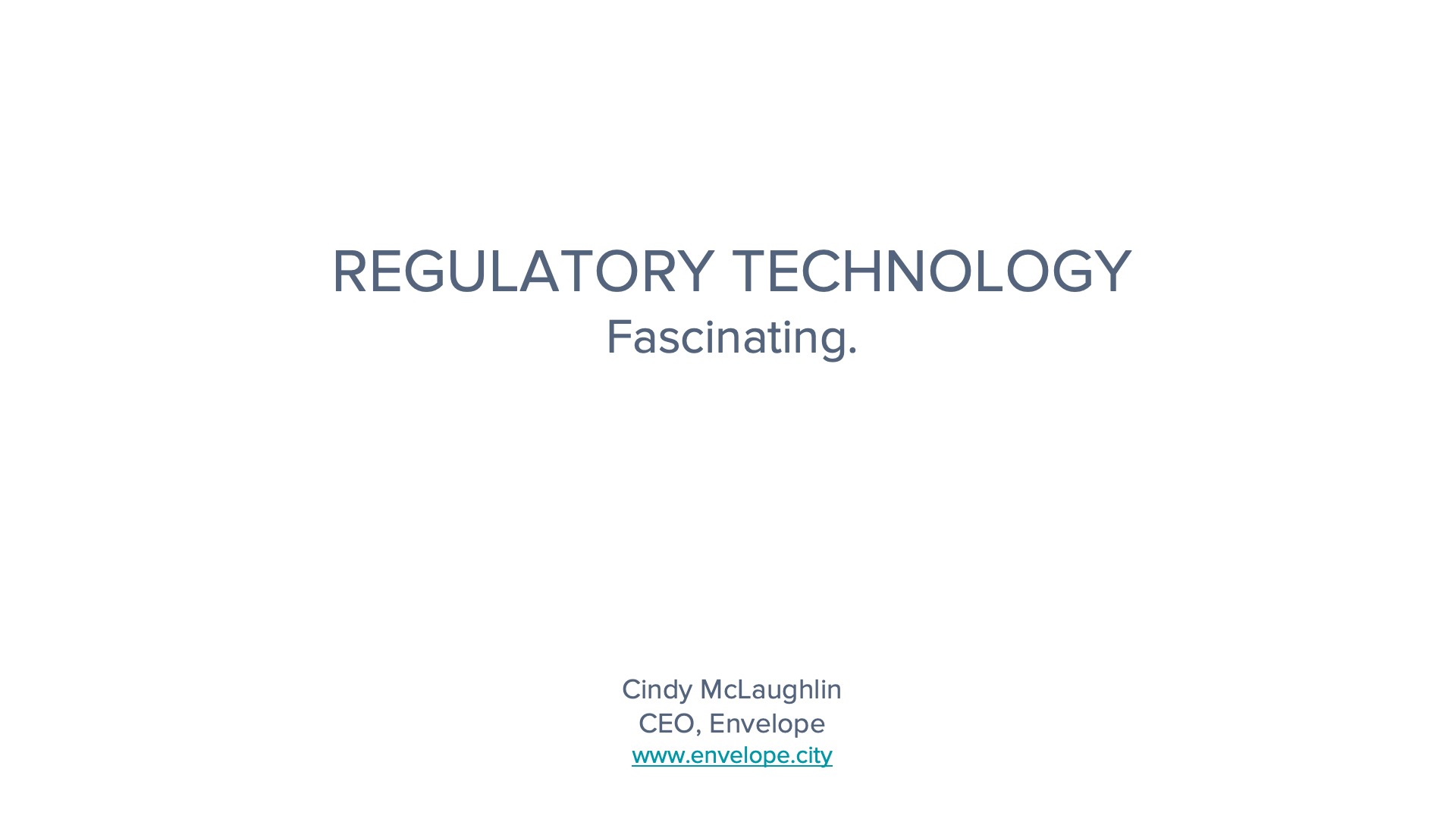
VIDEO TRANSCRIPT
My name is Cindy McLaughlin and I'm the CEO of Envelope. Somebody pretty smart on Twitter once said that technology is really good at taking what was once available only to the mega rich and bringing it down to the rest of us. So you have a vacation home in every city through Airbnb, you've got a personal driver through Uber, and you're in your bedroom is an in-home movie theater through Netflix. I'm here today to talk a little bit about how regulatory technology can do the same thing for real estate acquisitions. I'm also hoping to convince you that I will admit that regulatory technology is not the most exciting topic, but it's not as boring as you might think.
Before I start talking about regulation in real estate I want to start by pointing out that the vast majority of regulation is made by really thoughtful policy makers who have anti-corruption and safety in mind as well as managing growth and economic development. But as they say the road to hell is paved with good intentions. And regulation has a nasty habit of piling up. It happens because each new political administration has its own priorities that need to be encoded. It happens because you find loopholes that need to be closed and it happens because unintended consequences of prior regulation need new rules to dial them back.
To get very concrete about the problem in New York City, the index for amendments alone and to the construction code are 400 pages single spaced. The building code is 35 chapters with 19 appendices. The zoning code is 4,000 of legal text. It fits inside one of those big boxes of printer paper. As you can imagine an enormous cottage industry of lawyers, lobbyists, consultants, advisers, have sprung up to help real estate industry professionals access, understand, navigate, sometimes evade and often times lobby to change the rules.
I'm going to talk a little bit about zoning because it's the regulation that I know best. Practically speaking if you're a real estate developer in New York City and you want to know what's possible to build on a particular address you're probably going to call an architect or a zoning attorney. If they have time, they're probably going to print out the relevant portions of the zoning resolution with a highlighter pen. They're going to understand the rules and if they're fancy they're going to build a three dimensional model either hand drawn or they're going to build it in desktop software. They'll email it over to you, you'll take a look and you'll say, well what if I were to add a community facility to the ground floor of my building? Or what if I were to change the floor to floor height? What would happen. How much square footage could I get out of that building? And you're going to kick off a game of email ping pong that can take days or weeks and can rack up fees between twenty five hundred dollars up to twenty five thousand dollars depending on the complexity of the development. Assuming that you're going to look at more than one property before you make an offer on a single one, you need to have a cool 25 to 50 thousand dollars sitting around just to explore your options. To put this kind of capital in context. The median income of New York City households is fifty thousand dollars. So if you're an individual if you're a mom and pop development company you simply don't have the means to do smart real estate acquisition because you need to be able to do the level of analysis that I just addressed. But the big guys are very willing to pay.
Like most good government tools zoning sounds boring, but it is in fact a secret means by which cities are shaped and fortunes are made. Zoning essentially serves as a paywall. Only those who can afford to navigate it can make their fortune in the industry it regulates.
So circling back to the point of this talk, can regulatory technology help with this problem? I'm going to talk a little bit about my company envelope. There are companies like mine that are handling different portions of the regulation. We happen to be building the three building the 4,000 page zoning resolution into three dimensional software.
To walk you through what the software is doing, we let you enter an address and very quickly we show you what's built there today and we show you what the three dimensional spatial constraints of zoning allow you to do. So where there are height limits, where there are setbacks, where there are yard requirements and we do that across all of the cellblock conditions of that particular parcel. We then make a recommendation as to the use type that's going to allow you to maximize your floor area. This is a commercial building. But you could play. You could say what if I were to do a residential building with a commercial ground floor. Or have three floors of commercial. Or what if I were to change my floor to floor height, how much extra extra square footage could I get out of my building. Or what if I were to take that inclusionary housing bonus that happens to be available on that parcel. Or add air rights from my neighbor or my other neighbor. And what if I were to caterpiller my way around the block until I can fill out the zoning envelope. What would happen if I were to add dormers to get a little bit of extra square footage. And anything I can do on a single lot. I want to be able to do across multiple adjacent lots as an assemblage.
In essence we're building sim city for real life, trying to take the wild complexity of zoning and build it into something that's accessible, useful and even kind of beautiful. Companies like mine have started out working with industry because frankly, they're the ones who can pay us in a way that we can invest back in our technology but eventually we hope to be able to provide our software so cheap or free so that anybody who has a parcel of land can understand how to maximize the value or the productivity of that parcel. They might find air rights that they didn't know they had that they could sell to their neighbor and it would allow them to speculate themselves on other lots for investment properties.
Regulatory software is pretty siloed. We do zoning, it's our area of expertise. Somebody else does building codes, somebody else does mechanical code, but in the not too distant future, we're all going to be holding hands. And well we're showing you what you could build in terms of square footage. We'll be partnering with companies that are already building in three dimensions, the building code that shows you the egresses and and mechanical code, and plumbing code software. And eventually will form in three dimensions a regulatory scaffolding that will allow you as a potential acquirer to say, very quickly, what are the bones of my development going to look like, what is this going to take and is it worth it for me to acquire this parcel. In this way we think that regulatory software is going to level the playing field in acquisitions allowing mom and pops to be able to do the same kind of exploration as the big guys. We're going to try to make this industry a little bit more fair and a little bit less rigged in favor of the very wealthy. Thank you very much.

